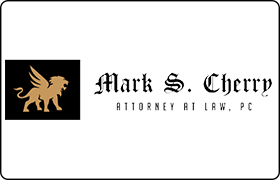Moorestown Collection Lawyer, New Jersey
Sponsored Law Firm
-
 x
x

Click For More Info:
-
Mark Cherry Law
385 Kings Highway North Suite 101 Cherry Hill, NJ 08034» view mapBankruptcy & Debt Where Every Client Matters
We want our clients to be confident and secure knowing we are a law firm ready to take on the fight and challenge with them.
800-824-6431
Sergio I. Scuteri
Corporate, Collection, Bankruptcy Litigation, Bankruptcy
Status: In Good Standing Licensed: 29 Years
Christopher John Curylo
Workers' Compensation, DUI-DWI, Collection, Personal Injury
Status: In Good Standing
Melissa Yvette Hoffman
Family Law, Bankruptcy, Collection, Landlord-Tenant
Status: In Good Standing Licensed: 21 Years
Edward P Epstein
Divorce & Family Law, Accident & Injury, Collection, Banking & Finance
Status: In Good Standing Licensed: 47 Years
Steven J. Schatz
Litigation, Consumer Protection, Collection, Personal Injury
Status: In Good Standing Licensed: 25 Years
 Mark Cherry Cherry Hill, NJ
Mark Cherry Cherry Hill, NJ AboutMark Cherry Law
AboutMark Cherry Law Practice AreasSpecializations
Practice AreasSpecializations
